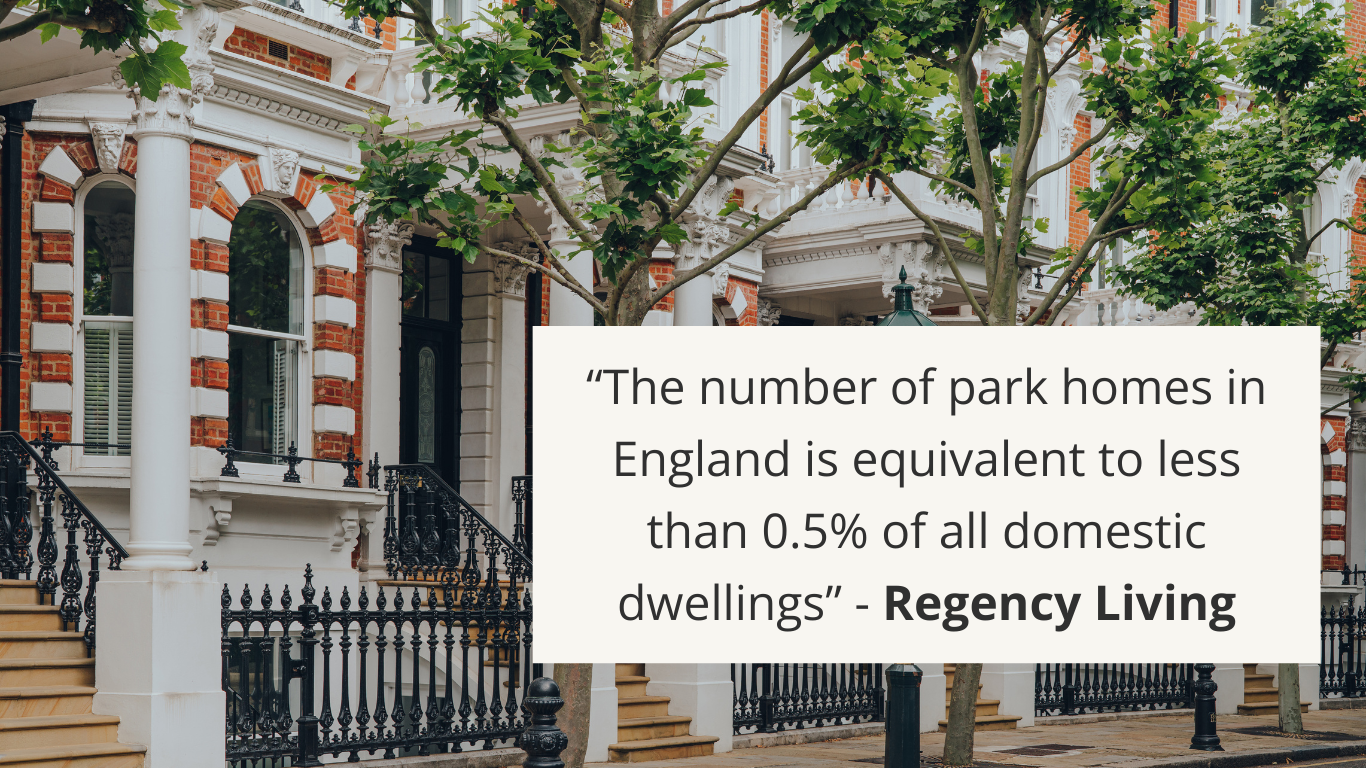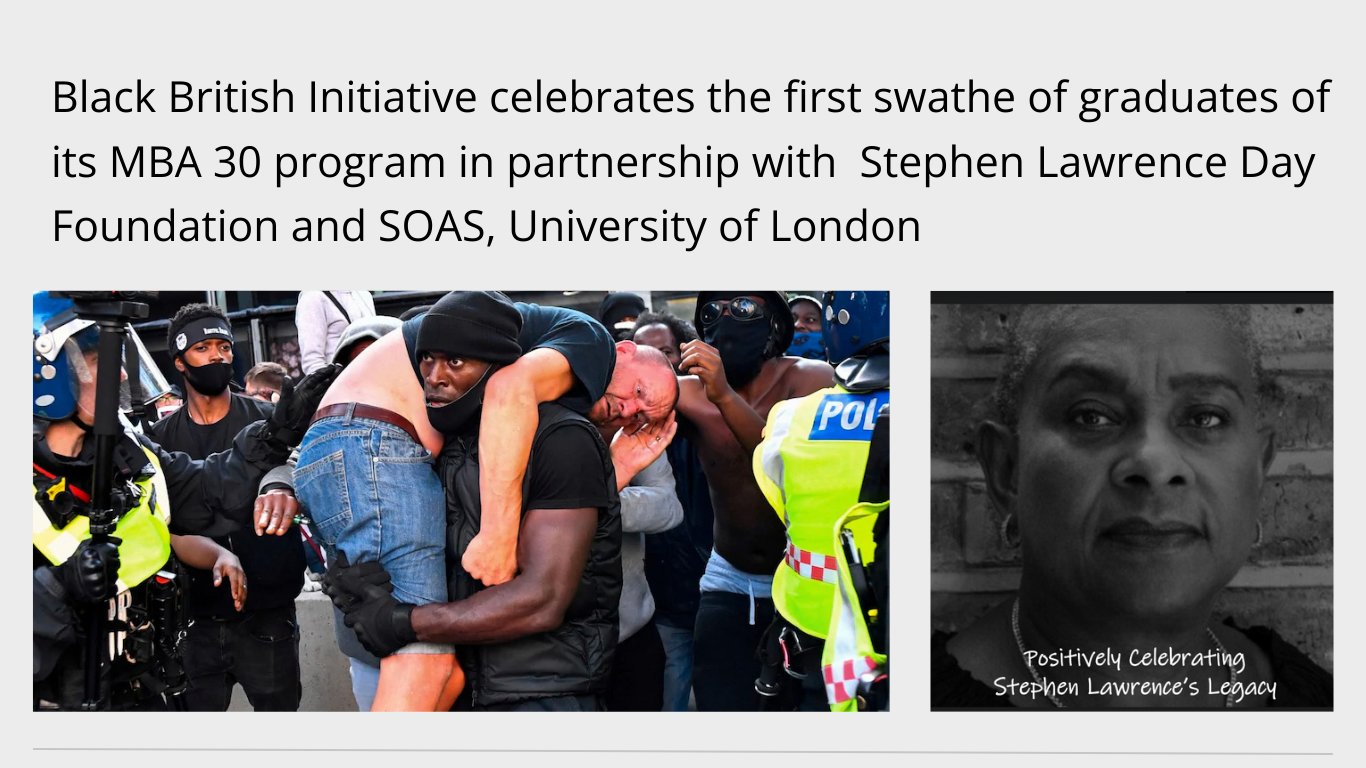Jo Smith, the correspondent for the Immigration Advice Service, a team of specialist immigration lawyers who help those in need of support and advice in the UK, Ireland and the US, explores the challenges of stamping out racism in the UK’s education system, looking also at generational effects of racism on people of colour.
Racism and its effects on successive generations of people of colour have been the focus of a number of news stories in recent months. A spotlight has been shone on the way public bodies, such as the law enforcement and justice systems, are guilty of maintaining a status quo that disproportionately affects black and other minority ethnic individuals in a negative way. The introduction of the ‘hostile environment’ in 2010, and the anti-immigration message that formed such a big part of the EU referendum campaign, have made it all too clear that there is an inherent problem with racism in the UK.
While the Black Lives Matter movement is gaining momentum in its attempts to highlight the racial inequity experienced at the hands of some of the world’s largest institutions, there is an argument that this is treating the symptoms of the problem, rather than the cause. Education can be the only solution to a societal scourge that has its roots in ignorance, yet woefully little has been done to tackle the erasure of black and minority history in our education system.
The gaps in our education
The toppling of the statue of Edward Colston in Bristol focussed attention on the difficulties inherent in celebrating the lives of those who profited from the British slave trade. Many objected, citing the almshouses and schools built with the money Colston made from slavery without appreciating that this simply shows the extent to which the infrastructure of the area has relied on money obtained through slave trading.
Generations of children have learned a whitewashed version of UK history which barely touches on the role that Britain has played in colonising other countries and their poor treatment of the indigenous populations. While the UK officially ‘adopted’ Black History Month in 1987, very little has been done to include any details of historically significant people of colour in the curriculum.
The UK has failed to promote an understanding of the vital role that black figures have played in our history when it comes to educating the next generation, perpetuating the issues that pervade all echelons of society through a lack of education. Groups such as the Black, Asian and Minority Ethnic Educators Network are campaigning to change the standard curriculum to make it more inclusive in an attempt to undo some of the hundreds of years of whitewashing that have all but erased people of colour from our nation’s past.
The erosion of diversity in UK universities.
One of the key factors in reforming the curriculum relies on having prominent BAME individuals in positions where their voices can be heard. Unfortunately, the ongoing impact of Brexit, compounded by the issues raised by the Covid-19 crisis, make it harder to redress the balance. Traditionally, universities have managed to promote diversity more effectively than many other institutions, with both students and staff proving significantly more ethnically diverse than many other sectors.
However, the post-Brexit immigration policy will make it almost impossible to maintain this status as students from outside the UK will now need to apply for a Tier 4 student visa and a separate work visa post-graduation to remain in the country. Students will have to pay their tuition fees upfront instead of spreading the costs through student loans, meaning that many will have to find up to £26,000 per year to study at universities in England and Scotland, with Wales and Ireland yet to confirm their positions. Other EU countries, such as Germany and Denmark, inflict no charge at all for international students, making it inevitable that the influx of international students to the UK will drop dramatically. This will deprive the university system of the richness that comes from having a diverse staff and student body and cut already-stretched funding, leaving some universities in precarious positions.
While the reputation of the UK’s education system will still attract international applicants, the financial barriers will affect all but the wealthiest students. Currently, some of the most important jobs in medicine, criminal justice and finance are filled by EU citizens who studied here and have gone on to contribute significantly within their sectors.
How to redress the balance.
Although the reasoning behind the recent changes has been to ensure that there is no distinction between EU students and those from elsewhere in the world, the timing of the announcement has surprised many commentators who were expecting this issue to be part of the ongoing negotiations relating to Brexit.
The problem has been further compounded by the impact of the Covid-19 pandemic on university applications. International travel has never been so fraught, with threats to close borders to limit the spread of the virus added to concerns that tighter restrictions could make the UK an uninviting prospect for international students. Those universities that rely on international students for a large proportion of their income, rather than securing funding through grants, could face closure, furthering the divide between the ‘elite’ establishments and those mid-tier colleges that represent the most diverse student bodies.
Universities such as Oxford and Cambridge, which are able to attract funding and investment by trading on their reputation, will never find themselves in the same precarious financial situation as establishments that rely on international students for their income. The impact of these changes will not only mean that some universities may go bankrupt, but that the UK will be deprived of a future workforce that could have been instrumental in effecting lasting change on the way we view race in this country.
Campaigners are putting pressure on the government to reconsider the way fees are charged by implementing a means-tested system. By prioritising candidates with potential rather than favouring those which will generate the most income, universities could maintain their diversity without sacrificing funding. Campaigners are hoping to persuade the government of the benefits of such a system, but there are no plans for an overhaul of the system as of yet.













Comment